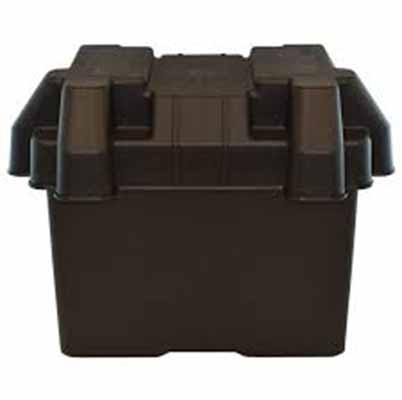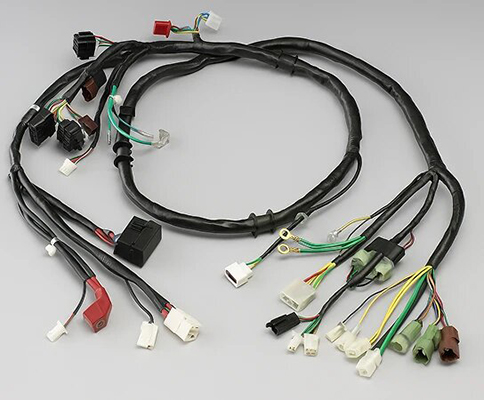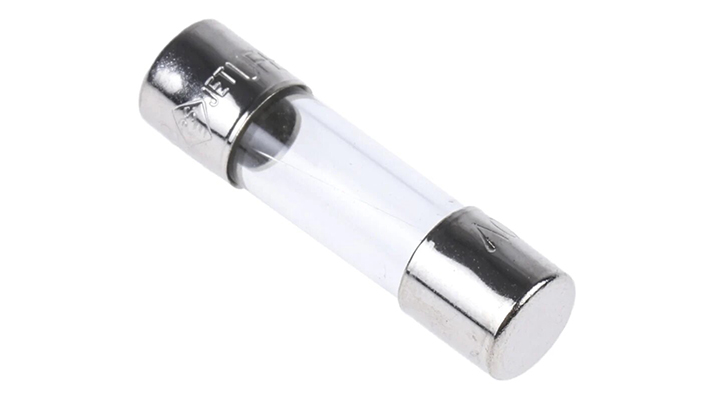Current Fuses in Automotive Air Conditioning Systems for Compressor Safeguarding
News 2025-10-24
Car air conditioning systems rely heavily on compressors to regulate refrigerant flow and maintain cabin comfort. However, compressors are vulnerable to damage from electrical overloads, such as short circuits or excessive current draw. Current fuses play a critical role in protecting these components by interrupting the circuit when abnormal current levels are detected. This ensures system reliability and prevents costly repairs. Understanding the integration of current fuses helps in maintaining optimal performance and longevity in automotive HVAC setups.

Application Scenarios
Current fuses are essential in various automotive contexts, including passenger vehicles, trucks, and electric cars. In standard gasoline-powered cars, they safeguard compressors during high-demand situations like extreme heat or heavy traffic. For electric and hybrid models, fuses protect against voltage spikes from battery systems. Common scenarios involve protecting against failures caused by worn-out components or debris in the AC system, ensuring safe operation and reducing downtime in both daily commutes and long-haul travels.
Performance Advantages
Current fuses offer key benefits by providing rapid response to overcurrent conditions, often within milliseconds, to halt potential damage. Their compact design allows seamless integration into tight engine compartments without adding significant weight. Made from durable materials, these fuses resist corrosion and thermal stress, enhancing overall system efficiency. By preventing compressor burnout, they extend the lifespan of AC units and improve energy consumption, making them a cost-effective solution for modern automotive applications.
Frequently Asked Questions
1. What is the typical amperage range for AC compressor fuses?
Fuses usually range from 10 to 30 amps, depending on the vehicle’s make and model.
2. How does a fuse prevent compressor damage?
It breaks the circuit during overcurrent events, stopping excessive electrical flow that could cause overheating or failure.
3. When should a fuse be inspected or replaced?
Inspect fuses during routine maintenance or if AC performance drops; replace if blown or showing signs of wear.


